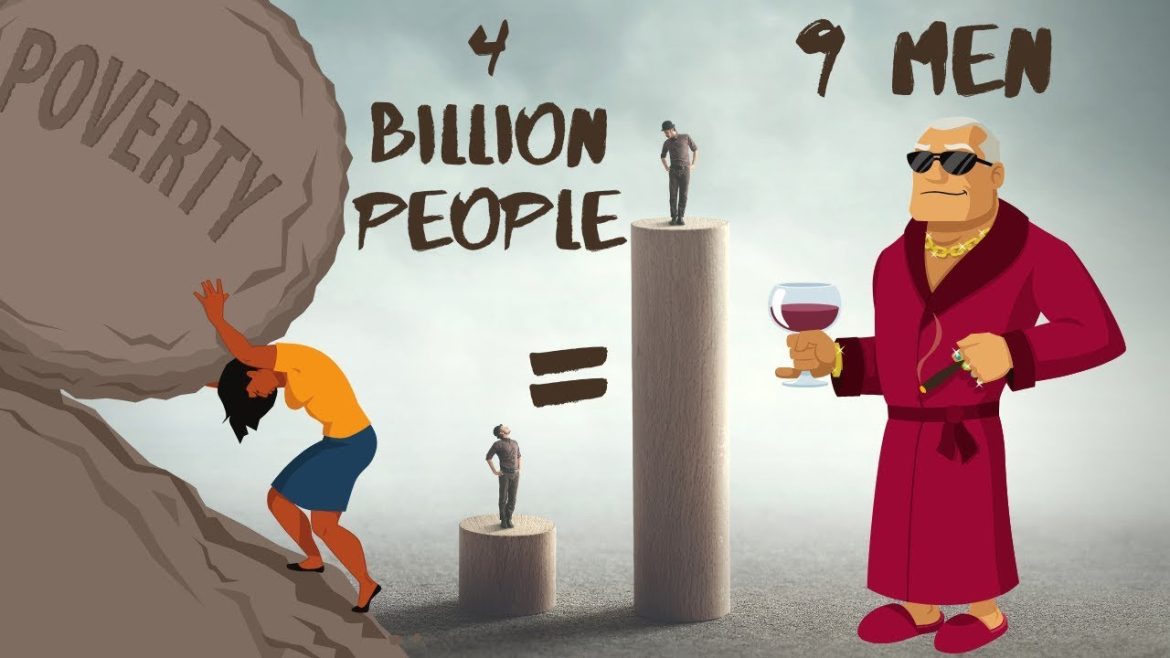Inequality is driven by multiple factors: wage gaps, access to education and healthcare, inheritance, tax policies, and the concentration of capital. Technological automation and outsourcing have also displaced middle-income jobs, creating a polarized workforce with high-paid specialists on one end and low-paid service workers on the other.
Advertisement
The consequences are far-reaching. High inequality can lead to social unrest, political polarization, and lower economic mobility. It also affects health outcomes, life expectancy, and educational achievement. Societies with high inequality often experience lower levels of trust and cooperation.
Governments play a crucial role in addressing inequality through progressive taxation, universal healthcare, public education, labor rights, and social safety nets. Policies that promote inclusive growth — such as affordable housing, minimum wages, and investment in rural areas — can help reduce gaps.

